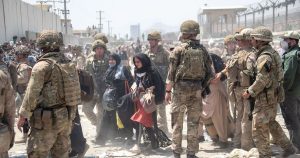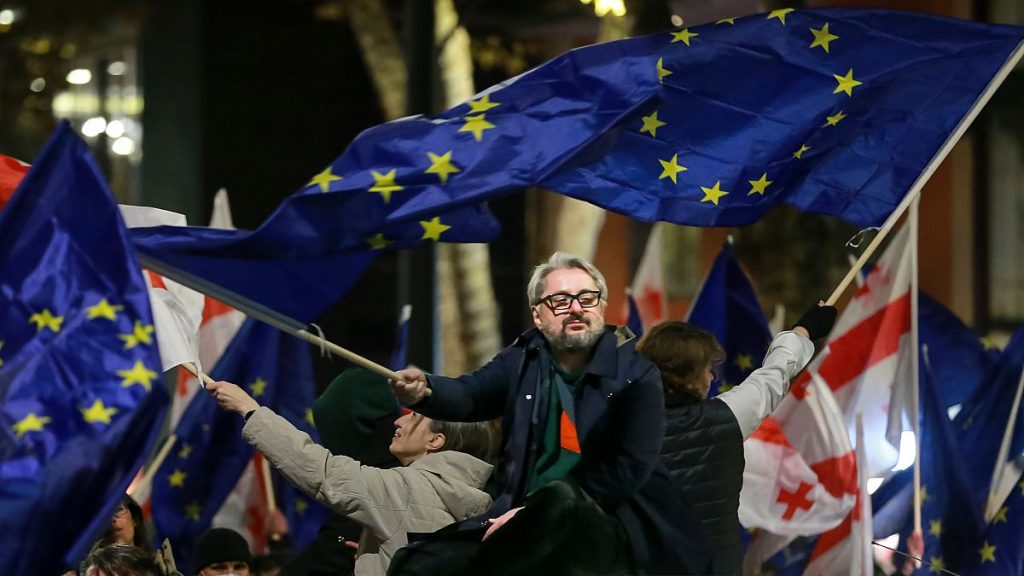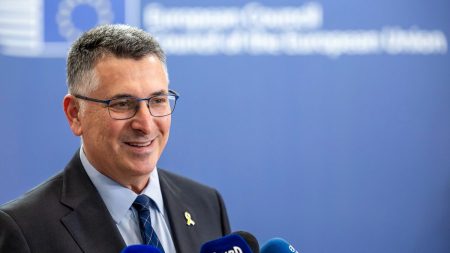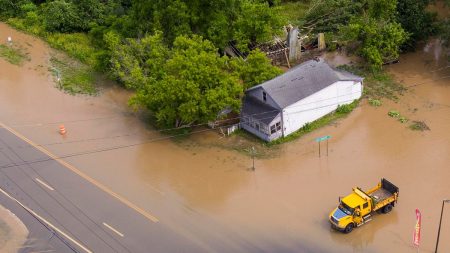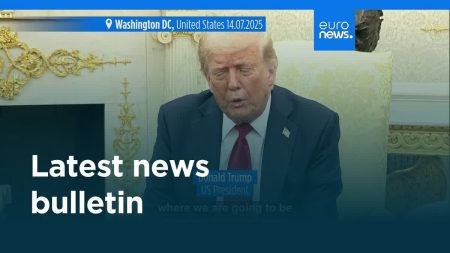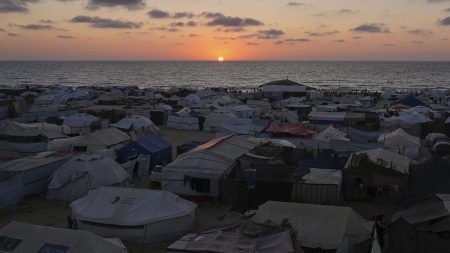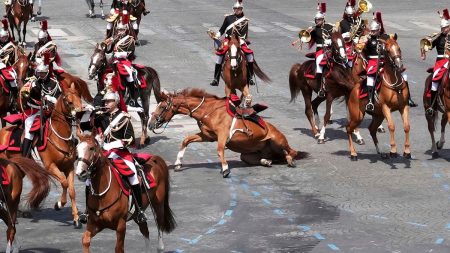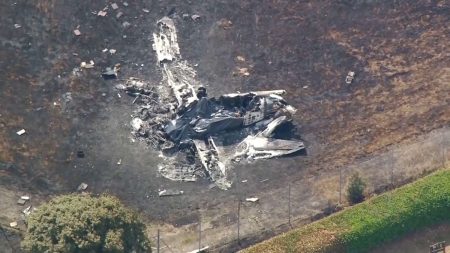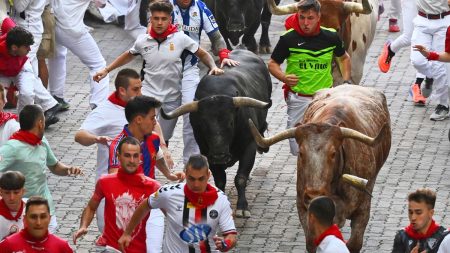Opposition leader Nika Gvaramia was apprehended by police during a dramatic raid on the Droa party office in Tbilisi, raising significant concerns about the escalating tensions between the Georgian government and opposition forces. Eyewitness accounts detail the disturbing scene, where Gvaramia was reportedly tackled by law enforcement and subsequently taken away unconscious. This incident marks a crucial moment in Georgian politics, as Gvaramia is a prominent critic of the ruling authorities and has been vocal about issues including corruption and democratic backsliding in the country.
The arrest comes amidst a backdrop of heightened political unrest in Georgia, where the opposition has been mobilizing against what they perceive as increasing authoritarianism. Gvaramia’s role as the head of the Droa party has positioned him at the forefront of this struggle, advocating for democratic reforms and greater accountability in governance. His detention has sparked outrage among supporters and fellow opposition figures, who argue that such actions are attempts by the government to silence dissent and stifle political competition ahead of upcoming elections.
In the wake of Gvaramia’s arrest, several protests erupted in Tbilisi and other cities, with demonstrators calling for his immediate release and denouncing government repression. Activists and political analysts have expressed concerns that the government’s use of force against opposition leaders could lead to further instability and catalyze a more polarized political climate in the country. The timing of Gvaramia’s arrest is also significant, as it coincides with an increase in public frustration over economic issues and perceived failures of the current administration to address pressing social concerns.
Gvaramia’s detention has not only drawn national attention but has also attracted international scrutiny. European Union officials and various human rights organizations have condemned the actions of the Georgian police, asserting that they undermine democratic principles and the rule of law. There are growing calls for international support for the opposition movement, as many see Gvaramia’s arrest as part of a broader pattern of governmental overreach and an attempt to weaken the vestiges of democracy in Georgia.
As the situation unfolds, the response from both the government and the opposition will be critical in determining the future political landscape of Georgia. Opposition leaders are urging unity among various factions to combat what they view as a legitimate threat to democratic governance. Meanwhile, the ruling party is likely to defend its actions as necessary for maintaining order, which could deepen divisions and lead to further confrontations between state forces and citizens advocating for democratic change.
In conclusion, Nika Gvaramia’s arrest serves as a focal point for the ongoing struggle between the Georgian government and its opposition. The incident highlights the fragile state of democracy in the country, the challenges faced by political activists, and the potential consequences of escalating political tensions. As the opposition rallies to challenge the government’s narrative and mobilizes public support, the coming weeks will be crucial in shaping Georgia’s democratic trajectory and public response to authoritarianism.

